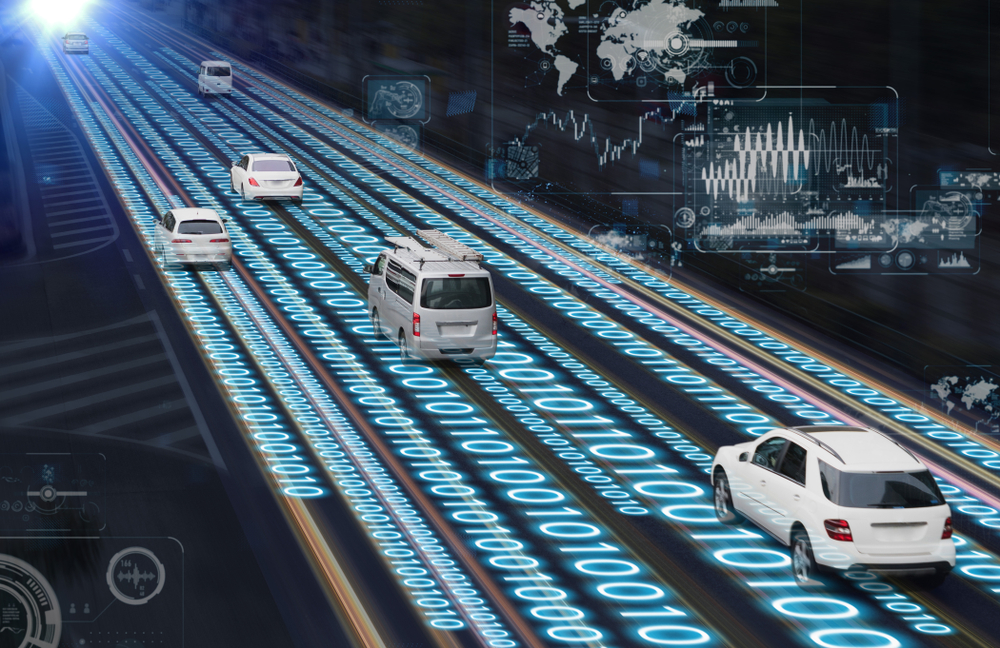In today's fast-paced world, transportation has become a crucial aspect of our daily lives. However, with the increasing number of vehicles on the road, traffic congestion, accidents, and environmental pollution have become major challenges. To address these issues, the development of intelligent transportation systems (ITS) has become a necessity.
ITS is a combination of advanced technologies and communication systems that are designed to improve the efficiency, safety, and sustainability of transportation. Here are some of the challenges that ITS can address:
- Traffic Congestion: With the help of ITS, traffic flow can be managed more efficiently. Real-time traffic information can be collected and analyzed to provide drivers with the best routes to their destination, reducing congestion and travel time.
- Safety: ITS can help reduce accidents by providing drivers with real-time information about road conditions, weather, and potential hazards. In addition, advanced driver assistance systems (ADAS) can alert drivers to potential dangers and assist them in avoiding accidents.
- Environmental Pollution: ITS can help reduce the environmental impact of transportation by optimizing traffic flow, reducing idling time, and promoting the use of eco-friendly vehicles.
- Infrastructure Maintenance: ITS can help monitor the condition of roads, bridges, and other infrastructure, allowing for timely maintenance and repairs.
- Mobility for All: ITS can provide transportation options for people with disabilities, the elderly, and those who cannot afford a car. This can improve their quality of life and promote social inclusion.
In conclusion, intelligent transportation systems are essential for addressing the challenges of modern transportation. By improving efficiency, safety, and sustainability, ITS can help create a better future for all.

